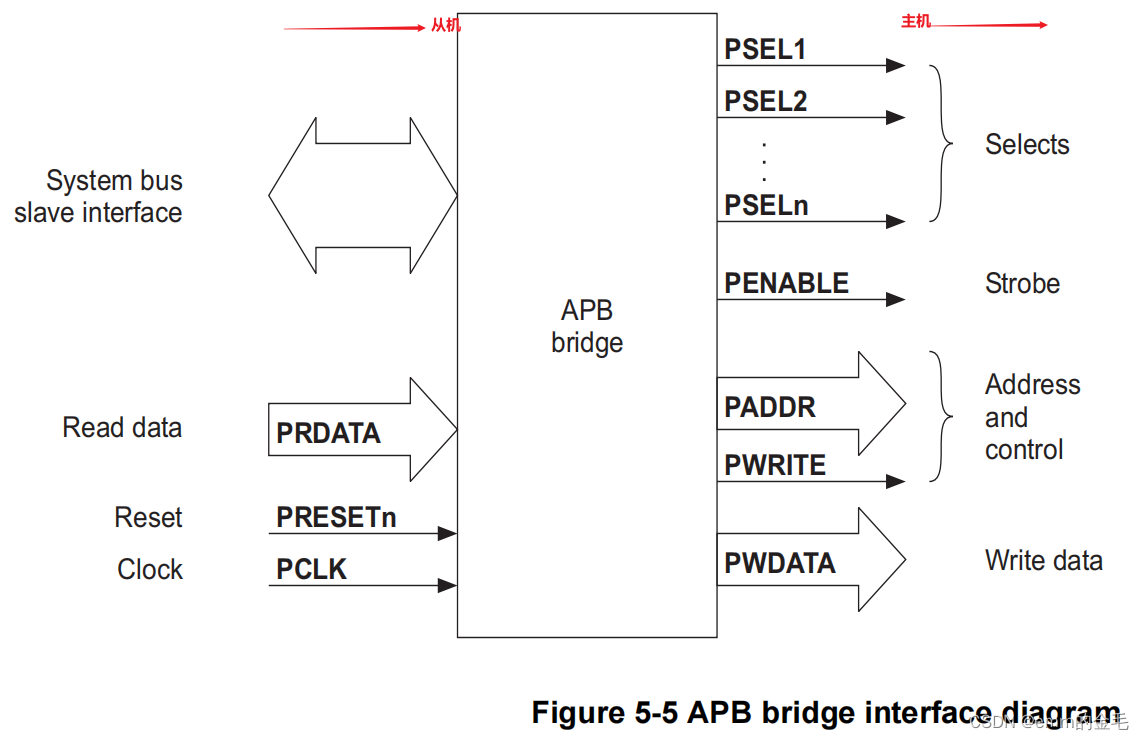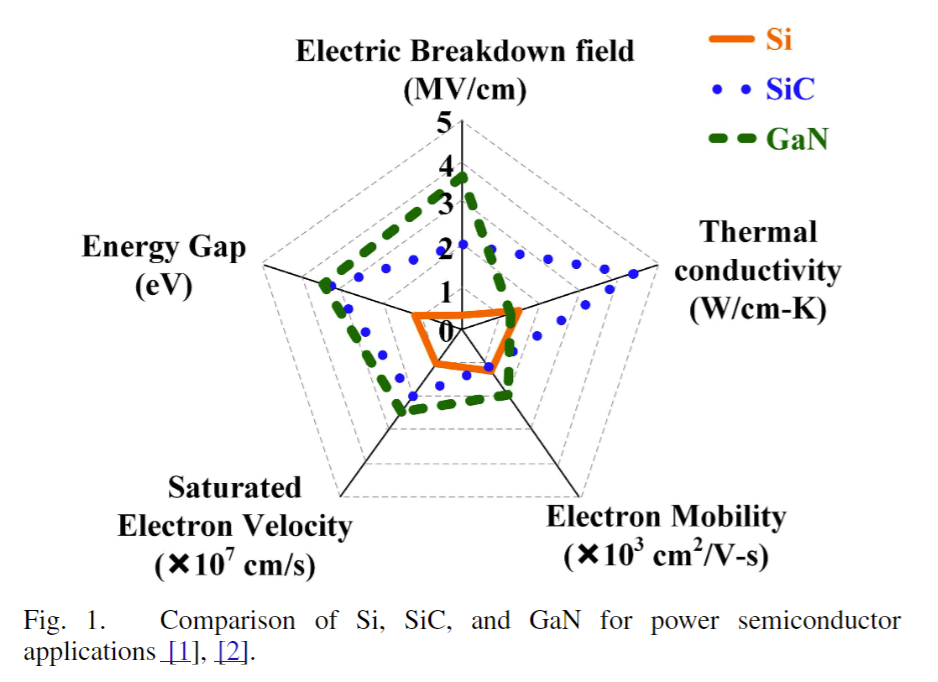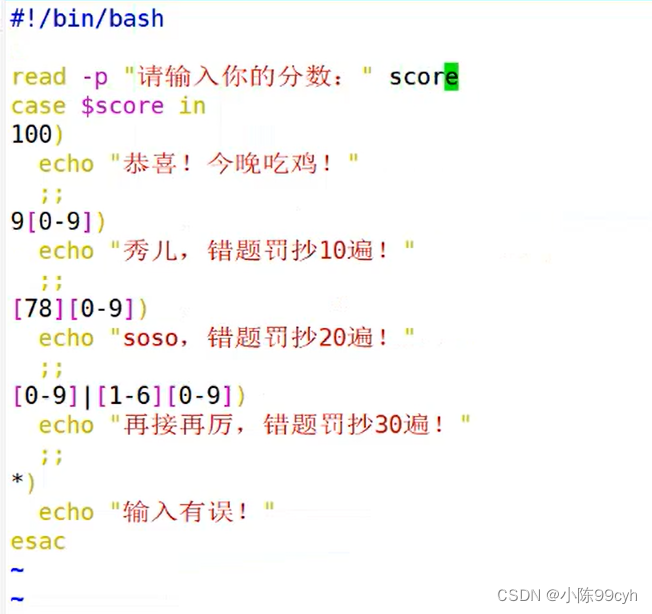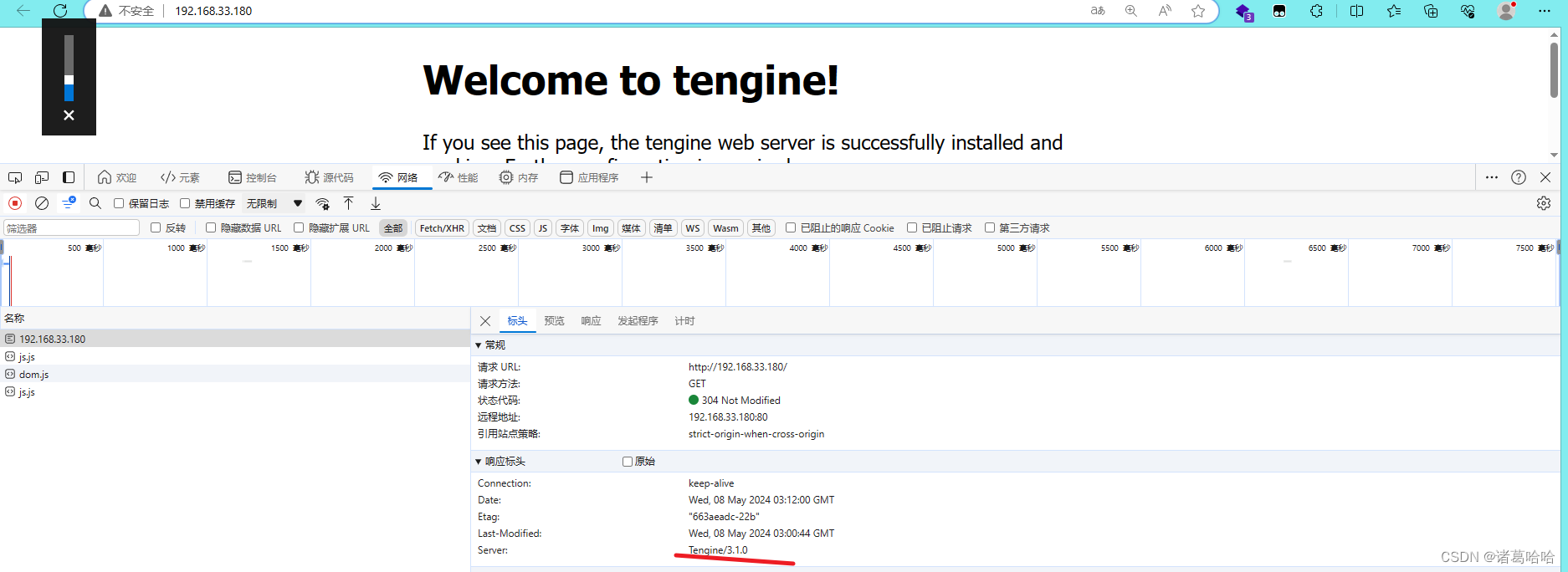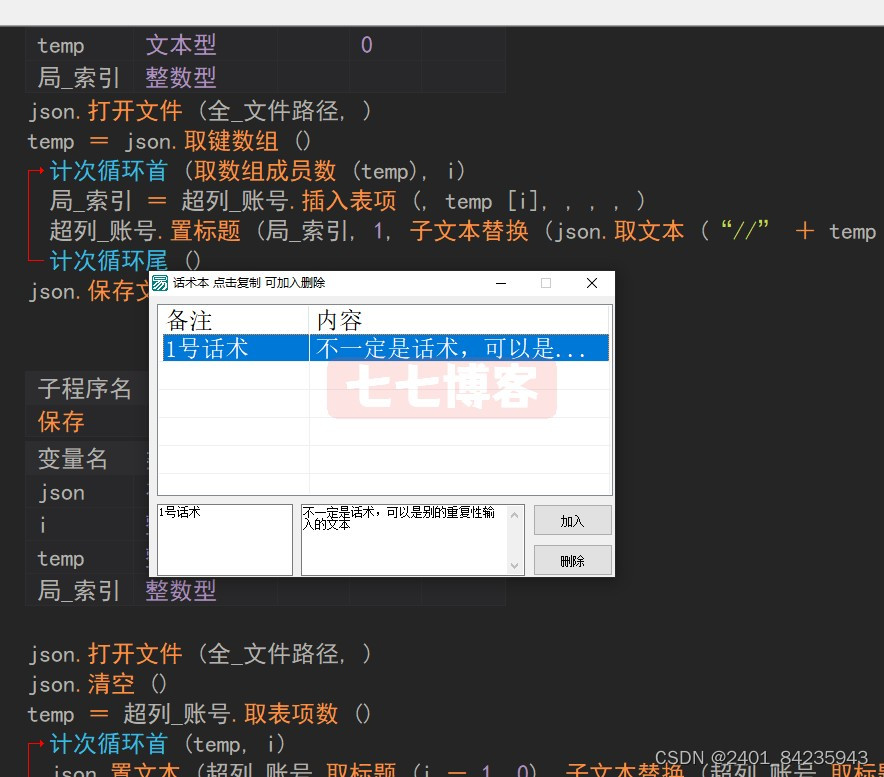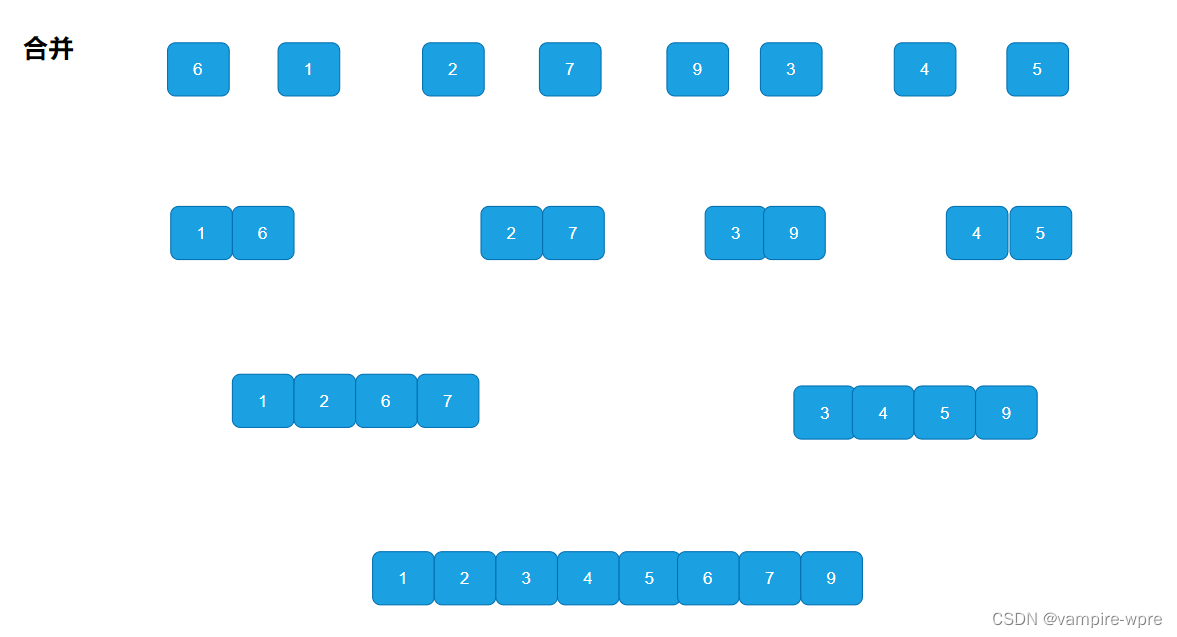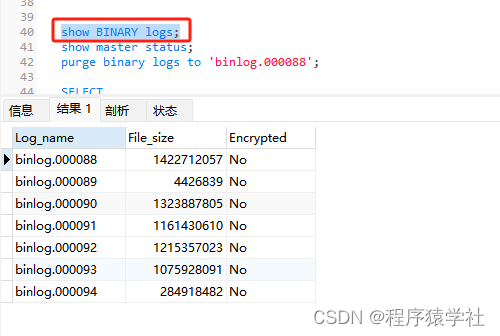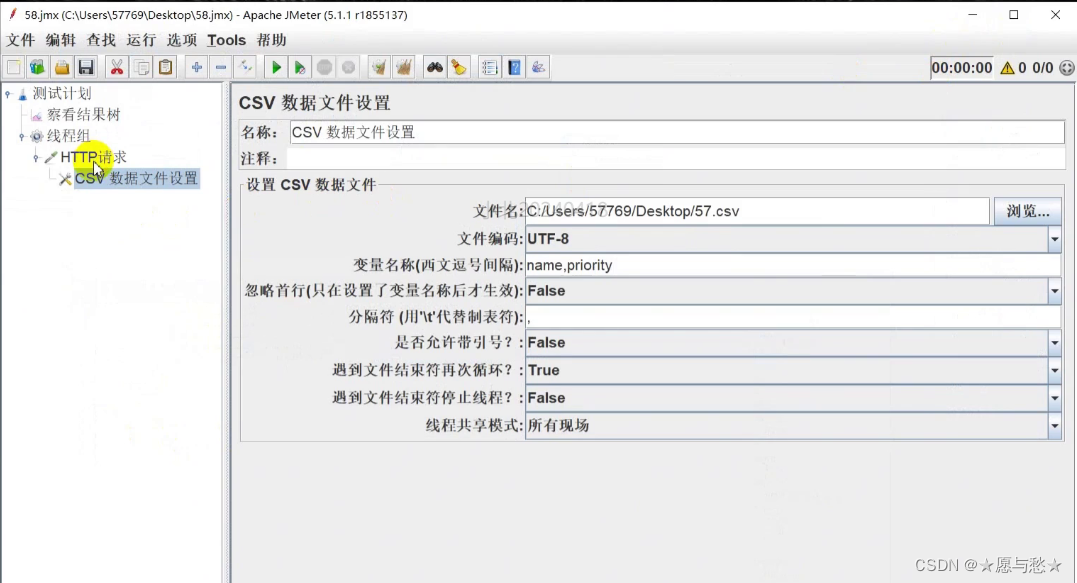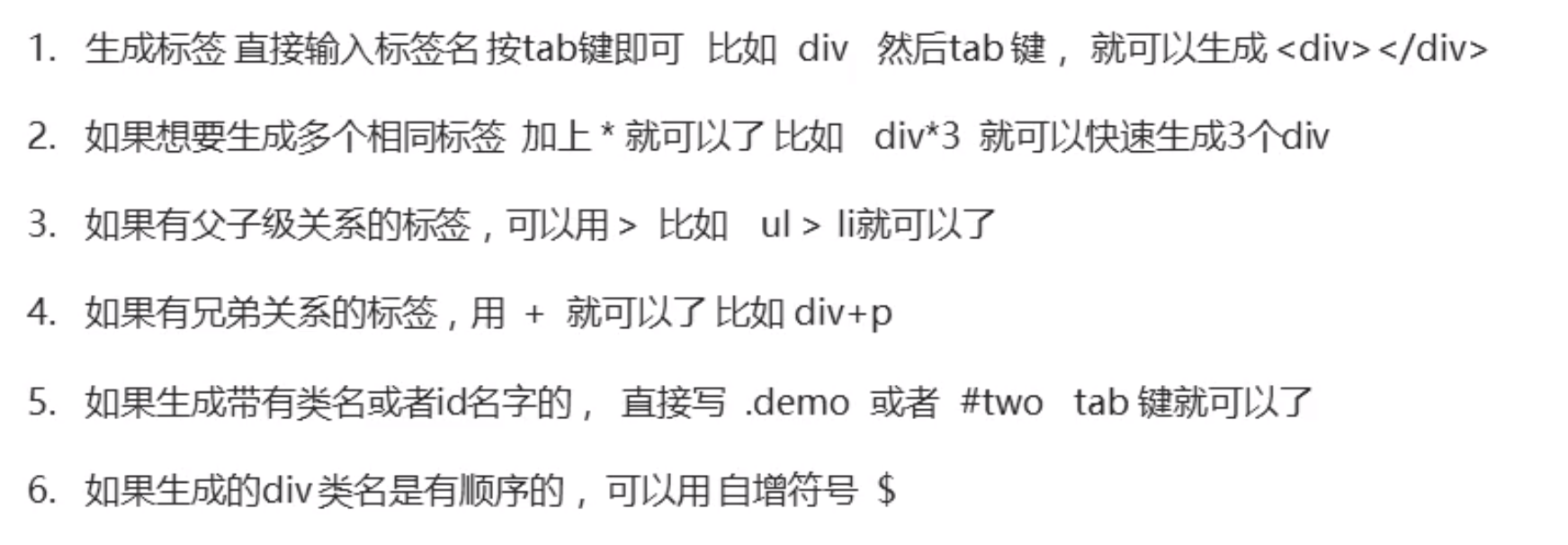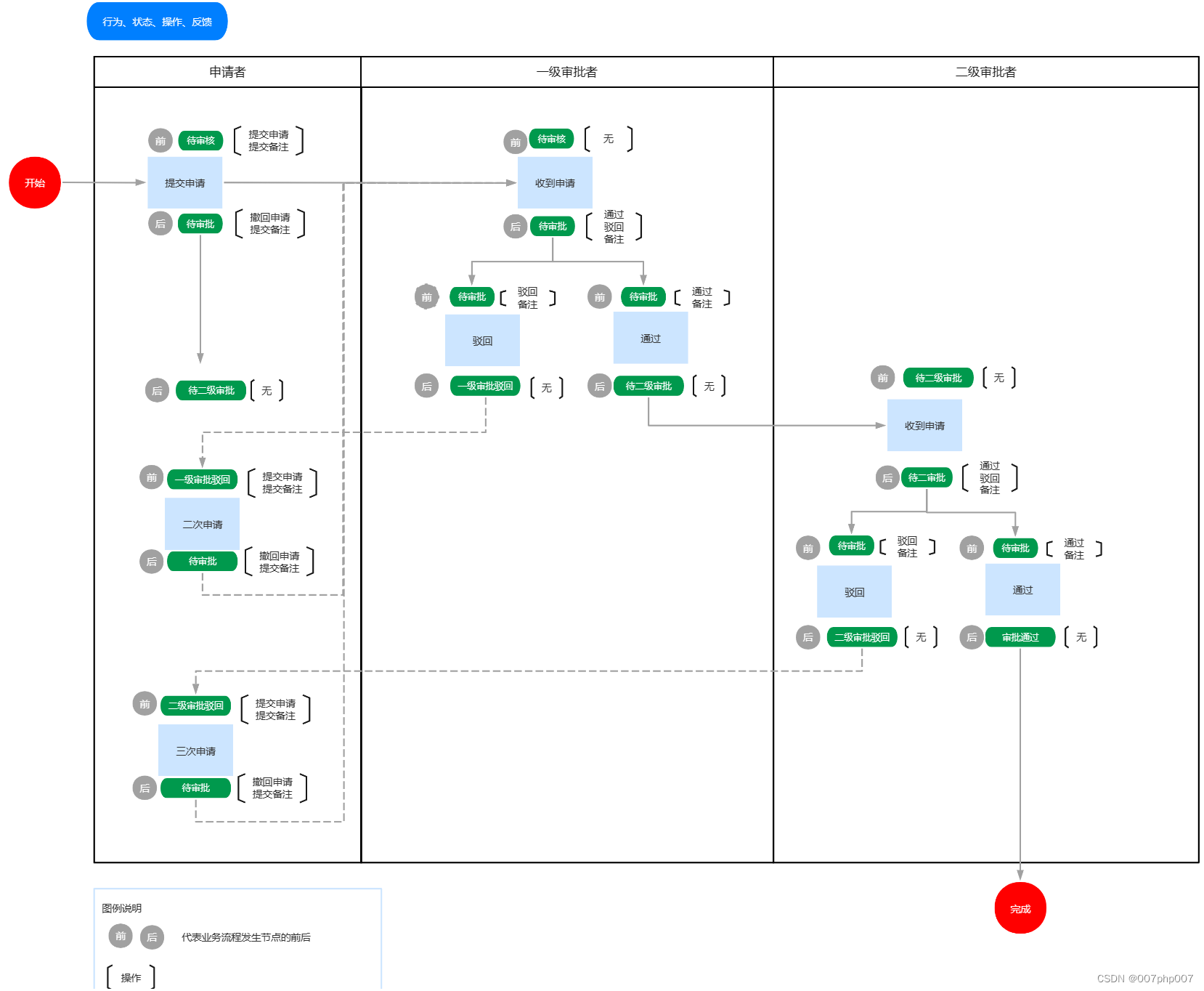下面我们运用平常所学的知识来写一个小游戏,这样能够加强我们学习的趣味性,并且能够更加的巩固我们所学的知识。
游戏代码:
直接放代码:(手势可以使用数字来代替,比如0对应石头,1对应剪刀,2对应布)
#include<time.h>
#include<stdio.h>
#include<stdlib.h>
int human;//人类出拳
int comp;//计算机出拳
int win_no;//胜利次数
int lose_no;//失败次数
int draw_no;//平局次数
char *ha[] = {"石头", "剪刀", "布"};
//游戏初始化
void initialize()
{
human = 0;
comp = 0;
win_no = 0;
lose_no = 0;
draw_no = 0;
srand(time(NULL));//随机生成种子
printf("猜拳游戏开始\n");
}
//进行玩家输入和机器输入
void jyanken()
{
int i = 0;
comp = rand() % 3;
do
{
printf("\a\n石头剪刀布……");
for(;i < 3; i++)
{
printf("(%d)%s", i, ha[i]);
}
printf(":");
scanf("%d", &human);
}while(!(human >= 0 && human <= 2));
}
/*更新胜利/失败/平局的次数*/
void count_no(int result)
{
switch(result)
{
case 0:draw_no++; break;
case 1:lose_no++; break;
case 2:win_no++; break;
default:break;
}
}
/*显示判断结果*/
void disp_result(int result)
{
switch(result)
{
case 0:printf("平局"); break;
case 1:printf("你输了"); break;
case 2:printf("你赢了"); break;
default:printf("错误\a"); break;
}
}
/*确认是否再次挑战*/
int comfirm_retry()
{
int x;
printf("再来一次吗……(1)是 (0)否");
scanf("%d", &x);
return x;
}
int main()
{
int judge;//胜负
int retry;
initialize();//游戏初始化
do
{
jyanken();//运行猜拳游戏
/*显示计算机和我选出的手势*/
printf("我出%s, 你出%s.\n", ha[comp], ha[human]);
judge = (human - comp + 3) % 3;
count_no(judge);//统计胜负次数
disp_result(judge);//显示胜负
retry = comfirm_retry();
}while(retry != 0);
printf("胜:%d\n负:%d\n平局:%d", win_no, lose_no, draw_no);
return 0;
}

全局变量的定义及其原因
首先,我们先进行设置全局变量,这个变量从程序的开始到结束都是始终存在的,设置全局变量的目的是因为,在使用函数分装代码时,大部分都能用到这些变量。
initialize()函数
接着创建initialize();函数进行初始化,此函数的功能是讲这些全局变量的值都初始化为0,并且使用srand()函数和time()函数生产一个伪随机数,也就是种子,这两个函数大家可以自行搜索一下。
jyanken();函数
紧接着我们创建jyanken();函数,此函数的功能是实现机器和玩家的出拳。
具体的实现方法:
comp = rand() % 3; rand()是上面生成种子的值,我们用它进行求余,可以得到余数为0,1,2的值,这些值可以表示机器所出的手势,之后进入do循环,利用for语句中的printf函数来显示玩家的选择界面,使用scanf函数来输入human的值,也就是我们所要选择的手势,在whlie语句内要确保输入的human的值在0—2内。
count_no()函数和disp_result()函数
接下来我们创建count_no()函数,此函数使用来实现对游戏进行胜局/败局/平局,局数的统计,我们利用形参result所谓判断胜负的依据,如何作为依据我们最后再来说明。
之后我们创建disp_result();函数,用来显示游戏对局的结果。函数功能的实现与上面的函数一致
comfirm_retry()函数
最后我们创建comfirm_retry();函数,功能是确认玩家是否继续进行游戏,函数的实现是得到一个你输入的返回值,该值将用于在主函数中判断跳出do循环的条件。
main函数中变量judge的作用:
在主函数中我们创建judge变量,这样对其进行赋值:judge = (human - comp + 3) % 3;
judge作为实参传给函数后能作为判断依据的原因
并且把这个变量作为实参传给count_no(),disp_result()函数,下面将解释为何这个实参的计算结果能作为判断的依据:
| human | comp | human-comp | (human-comp+3)%3 |
| 0 | 0 | 0 | 0 |
| 1 | 1 | 0 | 0 |
| 2 | 2 | 0 | 0 |
| 玩家失败 | |||
| human | comp | human-comp | (human-comp+3)%3 |
| 0 | 2 | -2 | 1 |
| 1 | 0 | 1 | 1 |
| 2 | 1 | 1 | 1 |
| 玩家胜利 | |||
| human | comp | human-comp | (human-comp+3)%3 |
| 0 | 1 | -1 | 2 |
| 1 | 2 | -1 | 2 |
| 2 | 0 | 2 | 2 |
游戏对局结果的显示:
使用printf函数,进行格式化输出,显示出win_no, lose_no, draw_no的结果。
